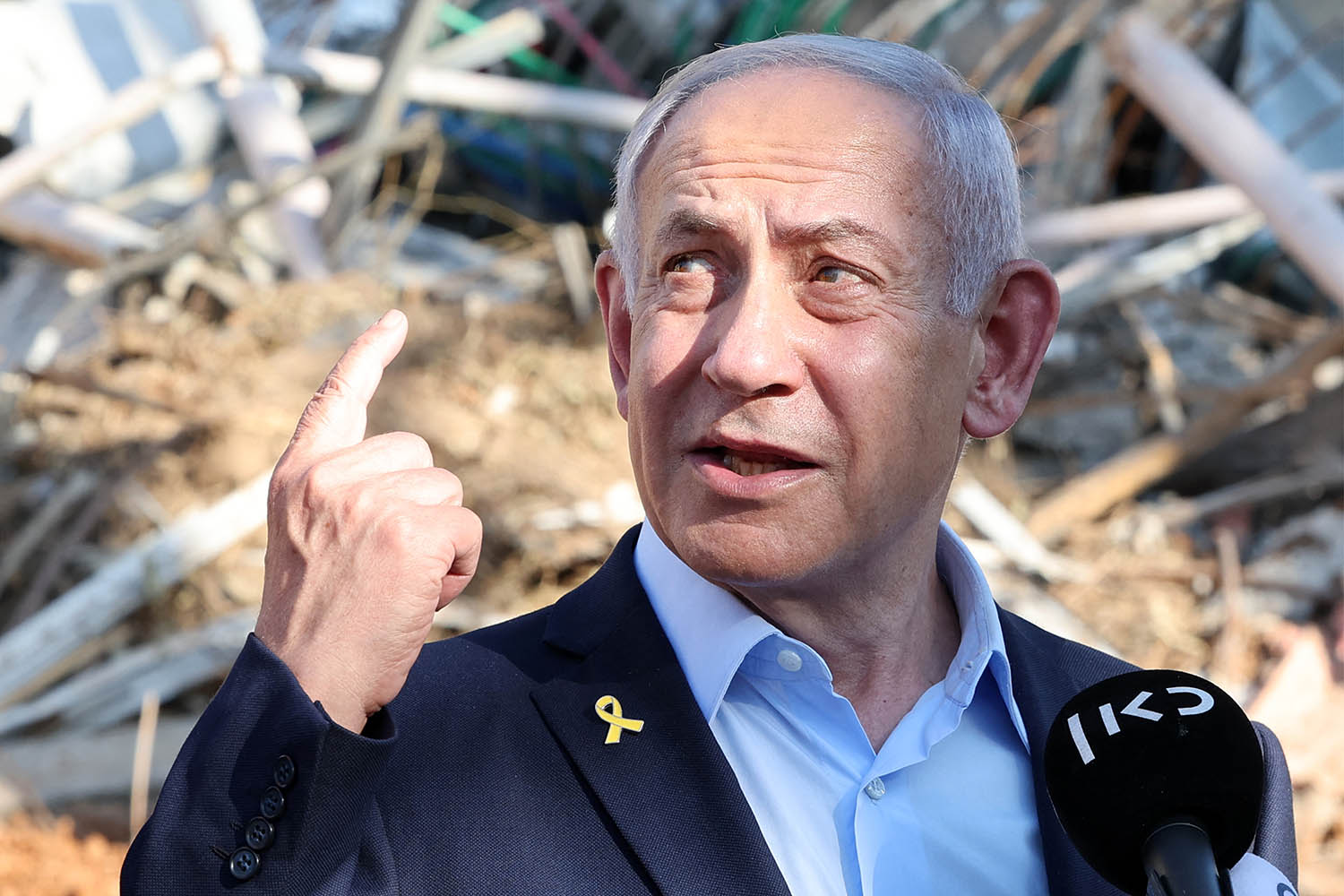The world did not have to wait two weeks. Last night Donald Trump took the fateful decision to bomb Iran. It would have been wiser to wait longer to take advantage of the opportunity for high-pressure diplomacy he had created by signalling his willingness to attack and then stepping back. But history may yet judge the raid on the Fordow enrichment plant a strategic success, and an epoch-making one at that.
Israel has a right to exist. It is a response to anti-semitism almost as old as humanity, and to the Holocaust, conceived by Zionists, forged in the wake of the Second World War and supported by the victors but also by Germany and Japan.
Iran denies that right to exist. A central theme of the Islamic Republic’s ideology since its founding has been the demonisation of Israel. A central task of its military-industrial complex has been to develop nuclear weapons to hold Israel and the region to ransom. Its leaders are entitled to their opinions. A racist world view, an authoritarian political system and a murderous and oppressive attitude to women who reject the strictures of a hardline theocracy do not in themselves warrant regime change.
But Iran’s leaders have exported state-sponsored terrorism, not just opinions. For decades they have maintained a network of military proxies from Iraq to the Mediterranean intended to make life hell for Israel.
Israel for its own part has made life hell for Palestinians, not just in Gaza and the West Bank but in the years of its founding. Any fair reading of the history of 1948 must acknowledge the displacement of around 700,000 Palestinians whose “right of return” turned out to be no such thing.
More recently, Israel’s response to the October 7 atrocities has been to level Gaza, killing about 55,000 of its inhabitants in pursuit of Hamas fighters. It has also decapitated Hezbollah and degraded Iran’s air defences and military command structures in a series of increasingly bold operations that have brought within reach the permanent neutering of the Iranian threat.
Politically, strategically and morally, Prime Minister Benjamin Netanyahu is on the wrong side of history in Gaza. He cannot be allowed to use Iran as a distraction from the devastation he has caused there. The Paris summit on Palestine postponed this month should be rescheduled and Palestinian statehood recognised. But Netanyahu has created a moment of genuine promise in Iran despite his naked opportunism and the immense human cost.
A lesson from the recent histories of Iraq, Afghanistan and Libya is that outsiders can topple unpopular leaders but leave only chaos if there is no plan for what follows. Regime change has to start from within. That was the lesson of Eastern Europe in 1989, and there is a mountain of evidence in the bravery of the Iranian opposition that Tehran may be approaching a Berlin moment of its own. Overseas supporters of the opposition are not powerless. Western governments have leverage with targeted sanctions, and they should do more to track, expose and freeze assets that Iran’s corrupt elite smuggles abroad.
Keir Starmer faced a more immediate question yesterday: whether further military action could hasten this moment. It could. The targets were nuclear centrifuges, not people. If they were destroyed – and whether they were remains to be seen – the regime’s capacity for nuclear blackmail would be too. If the difference between ending and not ending the Iranian nuclear threat was a targeted attack on the Fordow enrichment bunkers by US aircraft, Britain and the EU would have been foolish to stand in its way.
A chance exists for the first time since 1979 to force Iran to abandon its nuclear ambitions, scrap its mission to extinguish Israel and stop sponsoring terrorism across the Middle East. This was always a chance to be seized – across a table if possible, by force if necessary.
Newsletters
Choose the newsletters you want to receive
View more
For information about how The Observer protects your data, read our Privacy Policy
Photograph by JACK GUEZ/POOL/AFP via Getty Images

